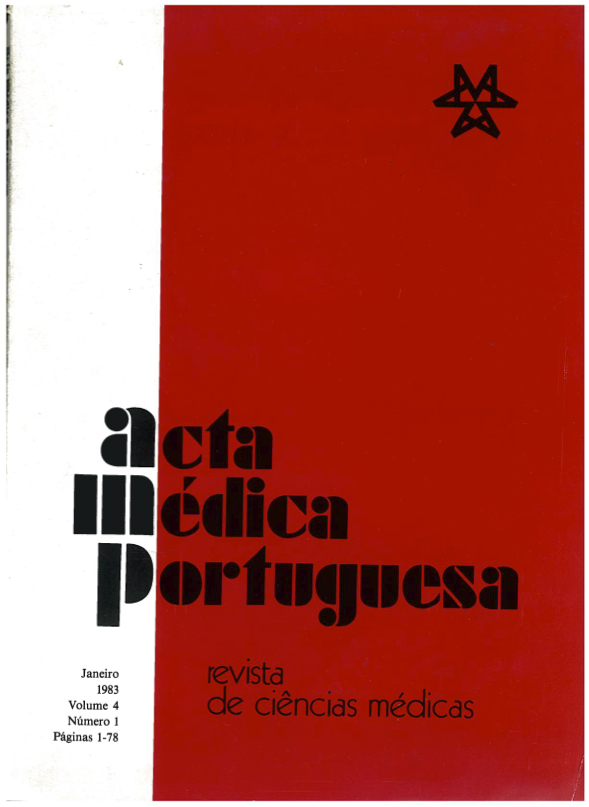Total gastrectomy for gastric carcinoma: a clinical, radiological and laboratory assessment of different procedures and of a new method of gastric reconstruction.
DOI:
https://doi.org/10.20344/amp.4157Abstract
Debate continues as to what type of reconstruction, after Total Gastrectomy, might be considered next to perfect. A retrospective analysis of 118 of these operations is carried out by the Author, comparing the experience obtained with 79 reconstructions by a newly developed technique (LYGIDAKIS method), 12 L.AWRENCE’s pouches, 12 Roux-en-Y esophagojejunostomies, 10 end-to-side esophagojejunostomies and 5 esophagoduodenostomies. Utilizing a physiological test meal (Galactomine 18-Raybar), the Author evaluated 20 long term survivors: 5 with LYGIDAKIS method, 5 with LAWRENCE pouch, 5 with Roux -en-Y reconstruction and 5 with simple end-to-side esophagojejunostomy. Analysing parameters such as development of dumping, diarrhoea, pouch emptying time, small bowel transit time and colonic emptying time, conclusion is made about the superiority of the reconstructive technique described in this papel.
Downloads
Downloads
How to Cite
Issue
Section
License
All the articles published in the AMP are open access and comply with the requirements of funding agencies or academic institutions. The AMP is governed by the terms of the Creative Commons ‘Attribution – Non-Commercial Use - (CC-BY-NC)’ license, regarding the use by third parties.
It is the author’s responsibility to obtain approval for the reproduction of figures, tables, etc. from other publications.
Upon acceptance of an article for publication, the authors will be asked to complete the ICMJE “Copyright Liability and Copyright Sharing Statement “(http://www.actamedicaportuguesa.com/info/AMP-NormasPublicacao.pdf) and the “Declaration of Potential Conflicts of Interest” (http:// www.icmje.org/conflicts-of-interest). An e-mail will be sent to the corresponding author to acknowledge receipt of the manuscript.
After publication, the authors are authorised to make their articles available in repositories of their institutions of origin, as long as they always mention where they were published and according to the Creative Commons license.









